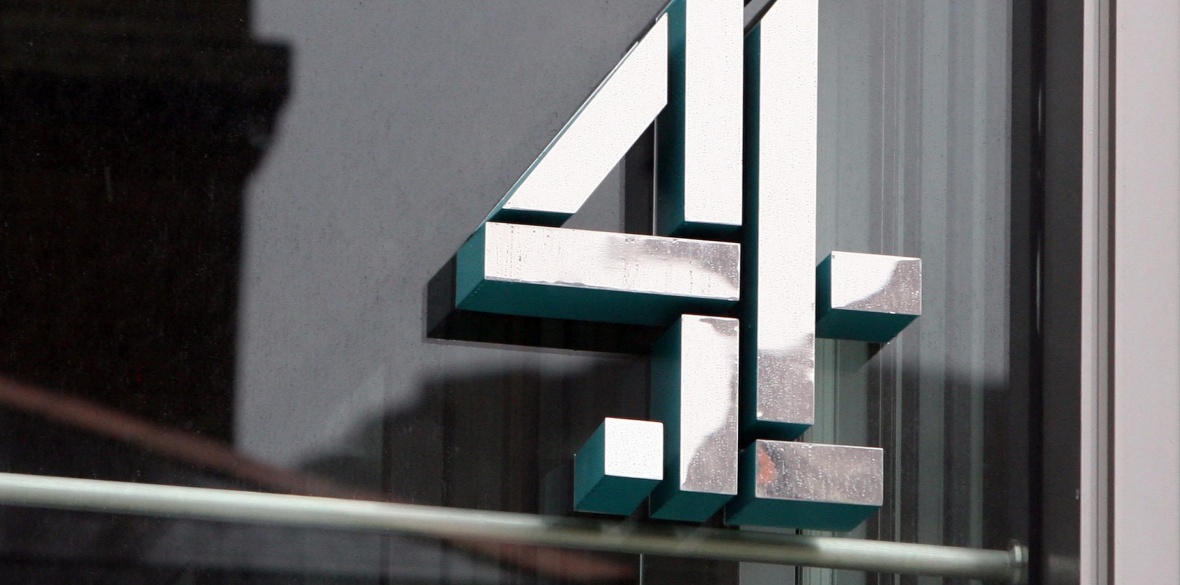This is the last article you can read this month
You can read more article this month
You can read more articles this month
Sorry your limit is up for this month
Reset on:
Please help support the Morning Star by subscribing here
MUCH attention is paid, rightly, by our movement to the government’s dismantling of state support for healthcare, social security and education.
Less attention is paid to arts, culture, and entertainment — which have equally suffered under austerity and privatisation.
When we have that focus, we often turn to subsidised theatre, arts education or the BBC — all at the hard end of cuts.
With the efforts of trade unionists spread across so many battles, the government is taking the chance on an overlooked strand of our welfare state: Channel 4.
Beyond the normal, vacuous and disproven rhetoric of “privatisation delivers,” however, the debate over Channel 4 — and public-sector broadcasting more generally — is moving towards something more concerning: the silencing of diverse opinion, challenging stories and a mixed economy in culture. This is government censorship through the profit incentive.
It is important to recognise how the Channel 4 model works. Simply put, Channel 4 is funded by private revenue, but owned entirely by the state — and any profit is reinvested in programming.
It costs the taxpayer, the state, the audience, nothing; but its mission is non-profit public service, not the profits of shareholders and moguls.
Channel 4 is in robust financial health, despite an ever-changing media landscape, and its model has triumphed in recent years.
For Equity members, this is vital. Only a terrestrial channel with a commitment to pushing the boundaries will lead to innovative stories, diverse and representative casting in the mainstream.
The platform Channel 4 provides means real investment in independent producers who go on to make more work — over 90 per cent of UK drama is made on a union agreement.
A privatised Channel 4 is likely to rely on rehashing existing shows, and importing US TV comedy and drama.
Over the last 18 months, 40 per cent of our 47,000 members were excluded from any furlough or self-employed support.
They were disproportionately women, black, disabled and working-class members — disproportionately the demographics who benefit from the innovative and inclusive casting Channel 4 should stand for.
For audiences, Channel 4 is a bastion standing against an emerging “creative chasm” between the haves and have-nots of subscription services.
We’ve moved a universal provision of terrestrial channels building a shared experience of TV to an expensive new tier: Sky, Netflix, Apple, Disney Plus, and Amazon are only available to those who can afford them.
By diluting the incentive of challenging programming to the altar of the market, Channel 4’s service will lose any reason to engage fully in the costly process of scripted commissioning.
This all amounts to a silencing of different voices, not through government action, but through inaction: abandoning a channel designed to support a complex, independent broadcasting ecology to the same old vested interests.
This disinterest needs action to kick-start it though: a secretive panel will decide the fate of Channel 4.
It has not been set up under Cabinet Office guidelines, but will be the shadowy hyenas who carve up their prey.
At Congress, Equity is asking trade unionists to join us in the campaign to protect the best of Channel 4.
Our asks, however, are not just reactive — the undermining of the freedom of public service broadcasting to push boundaries demands a new approach.
Support for our motion from our whole movement will kick-start a democratised vision for what public-sector broadcasting should mean.
We want to see control passed from government boards to the workforce and audiences.
We need to see more work pushed out of London. We need as much work as possible for our historically excluded members in dignified, modern storylines.
We need to see a defence against a “creative chasm” caused by a proliferation of streaming services.
Voting for our motion makes a bold statement about what ordinary working people deserve, whether they work in the creative industries or are audiences for our productions.
We deserve broadcasting for public service — not private profit.
Paul W Fleming is general secretary of Equity.











